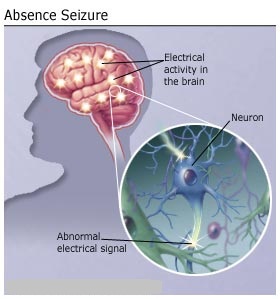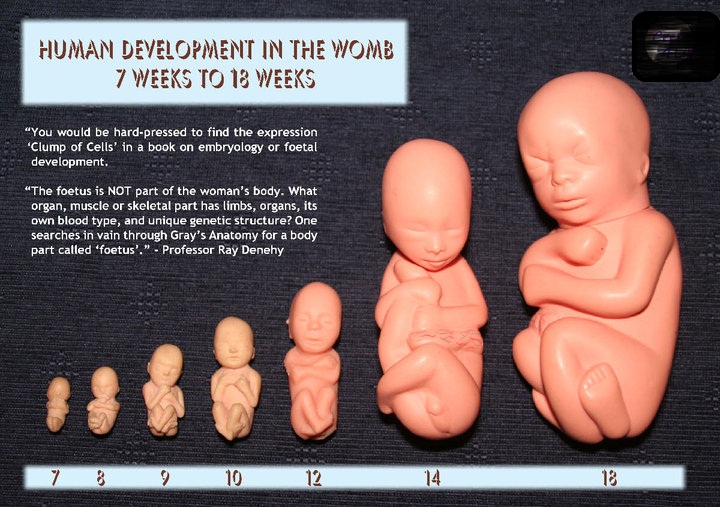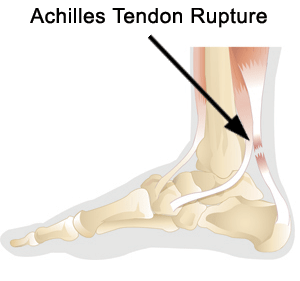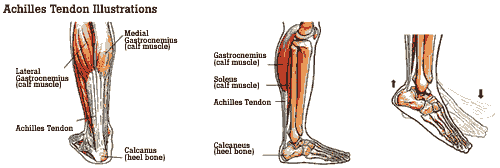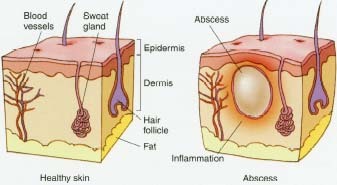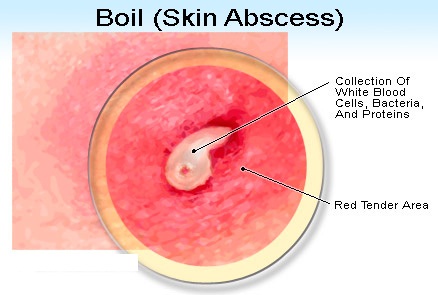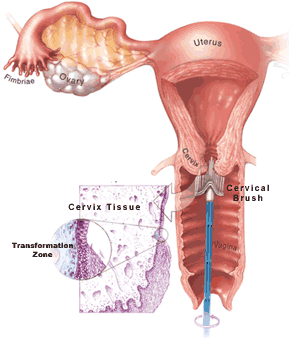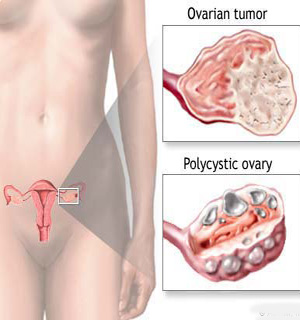Here’s a typical story:Â Frank, a 7-year-old boy, often “blanks out” anywhere from a few seconds to 20 seconds at a time. During a seizure, Frank doesn’t seem to hear his teacher call his name, he usually blinks repetitively, and his eyes may roll up a bit. During shorter seizures, he just stares. Then he continues on as if nothing happened. Some days Frank has more than 50 of these spells. Continue reading
